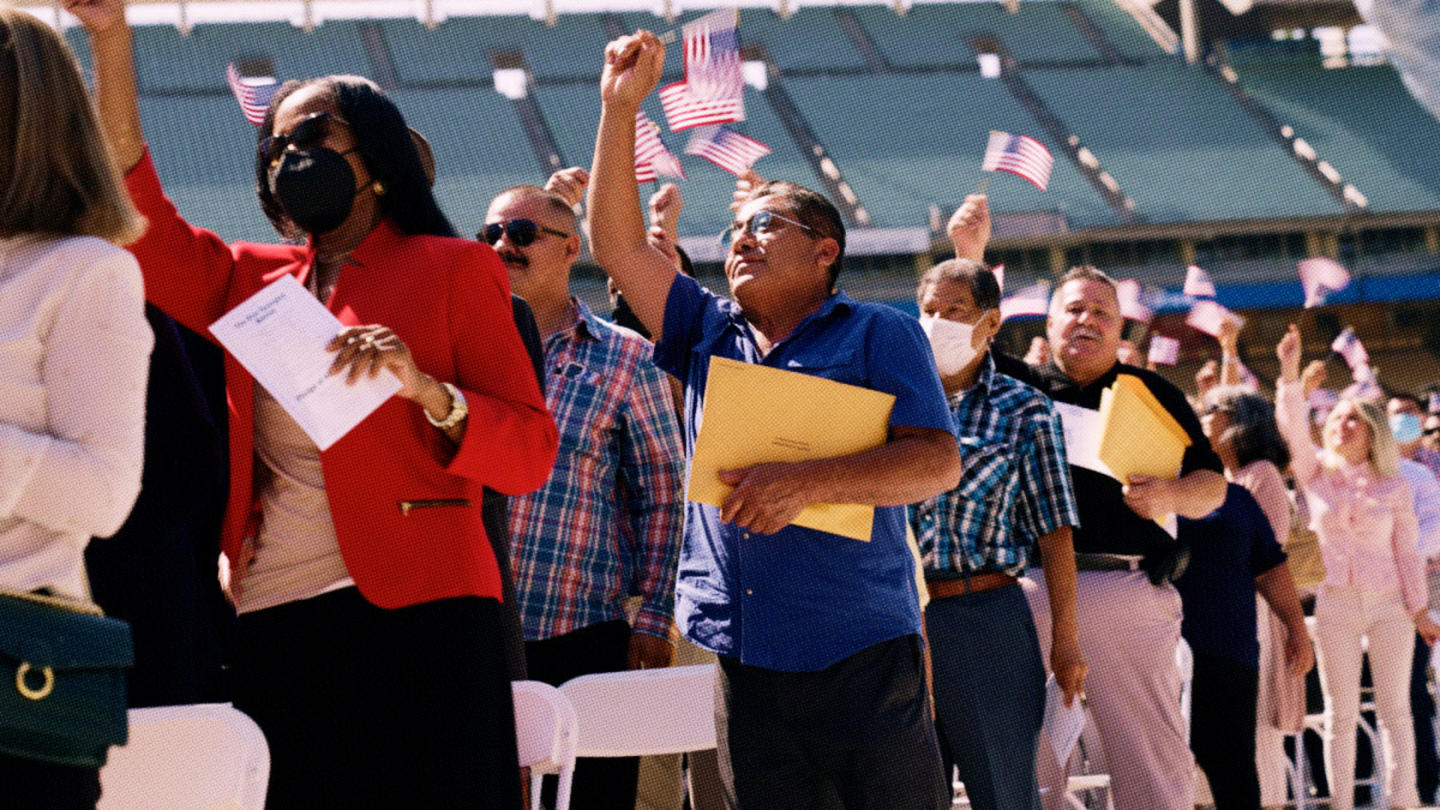The Star-Spangled Banner rang out across a Dodger Stadium flooded by Los Angeles’ signature SoCal sunshine. Everyone in the stands and on the field stood, many with their hands over their chest, their lips forming words known by heart.
But there would be no first pitch.
More than 2,000 individuals became U.S. citizens at the ceremony on August 29, 2022, in what was the largest naturalization ceremony in more than two years and the first ever on the famed blue diamond — a fitting place.
“There’s nothing more American than baseball, and what is more American than making new Americans?” Ur Mendoza Jaddou, director of U.S. Citizenship and Immigration Services, told CBS.
“It is extremely special. It has been several years since we’ve been able to do a big special event like this one,” Jaddou said.
Dodgers co-owner points to his family's story to support immigration reform
Dodgers co-owner and Stand Together partner Alan Smolinisky hosted the event in collaboration with the United States Citizenship and Immigration Services. It was the most sweeping moment yet in Smolinisky’s mission to show how everyone benefits from welcoming people to our country who will contribute to making it better.
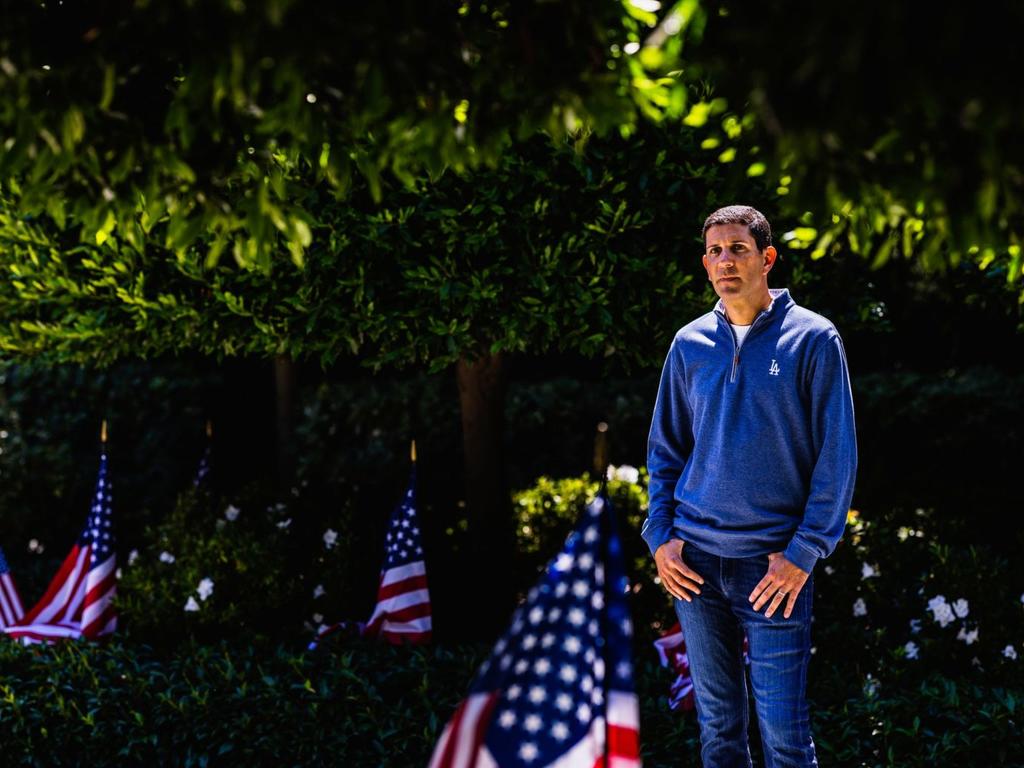
Smolinisky’s parents came to the U.S. from Argentina with little money but boundless hope. His dad got a job his second day, knocking on every door in the garment district until he was handed a broom, and learned English by listening to legendary Dodgers broadcaster Vin Scully on the radio he bought.
The son he brought to watch games now owns the team. Perhaps not surprising, given that almost half of American Fortune 500 companies were founded by immigrants or their children, who also founded over a quarter of all U.S. small businesses.
It’s little wonder, then, that Smolinisky works with Stand Together to help amplify the messages most important to him: poverty in America and immigration reform.
Sign up for the Stand Together newsletter and get stories, ideas, and advice from changemakers to help you tackle America’s biggest problems.
The largest naturalization ceremony in years
Hosting a massive naturalization ceremony — the largest in several years, according to Jaddou — was a way to take his message to an even larger audience. And challenge others to continue breaking down the barriers that can hold people, including immigrants, back, and help more people realize their potential and achieve their dreams — like the son of a garment sweeper owning one of the most storied franchises in all of sport.
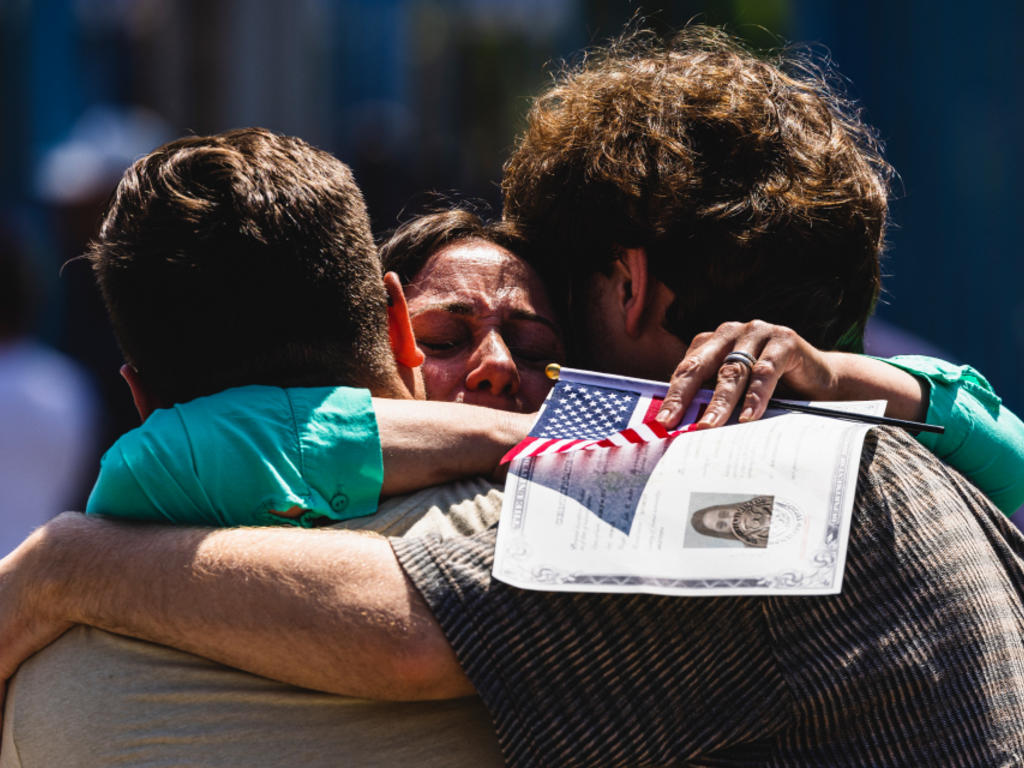
Smolinisky thinks we can cut through this division and find common ground on this issue, if we stay focused on what matters most. A record 77% of Americans say that immigration is beneficial to the country, and that we can be both welcoming and safe at home (so to speak) — a common ground that has been shredded and shrouded by polarization.
His goal is to encourage more team and stadium owners to host their own naturalization ceremonies in their cities, spotlighting a different picture of immigration from the polarizing one found in politics and the media, and build a positive narrative on some of the nation’s finest stages. By encouraging the commonality that 77% recognizes, we could start from a productive place on immigration reform.
The stadium was a fitting site for the hopes of so many immigrants chasing the American dream. Baseball is a microcosm not only of America, but also of the people who come to it to pursue a better life and seek those opportunities to contribute to improving others’ lives too.
“This is a place where stories meet — immigrant stories, the American story, and now your story and mine,” Smolinisky told the crowd.
Learn more about Stand Together’s immigration reform efforts.
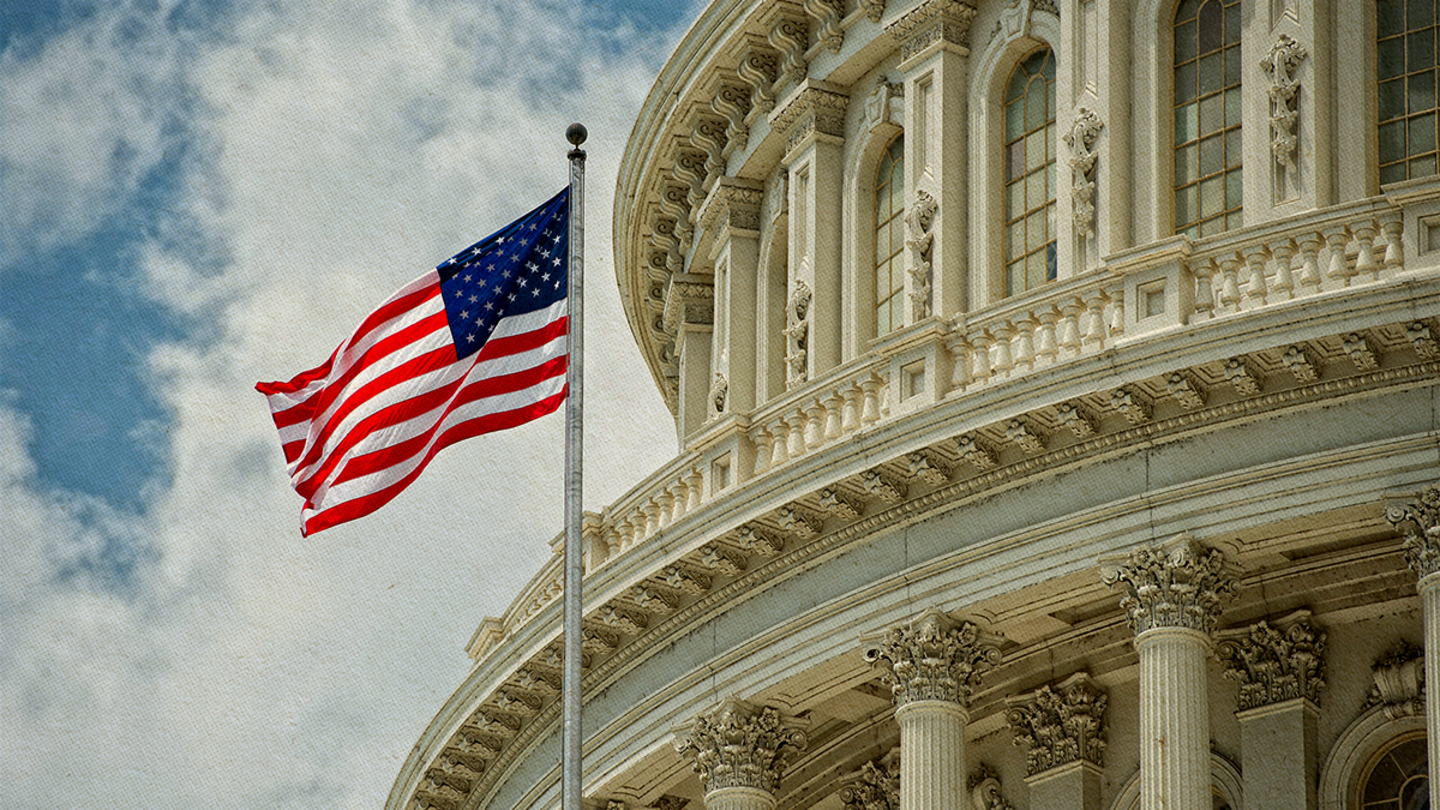
Here are some issues the Department of Government Efficiency could target.
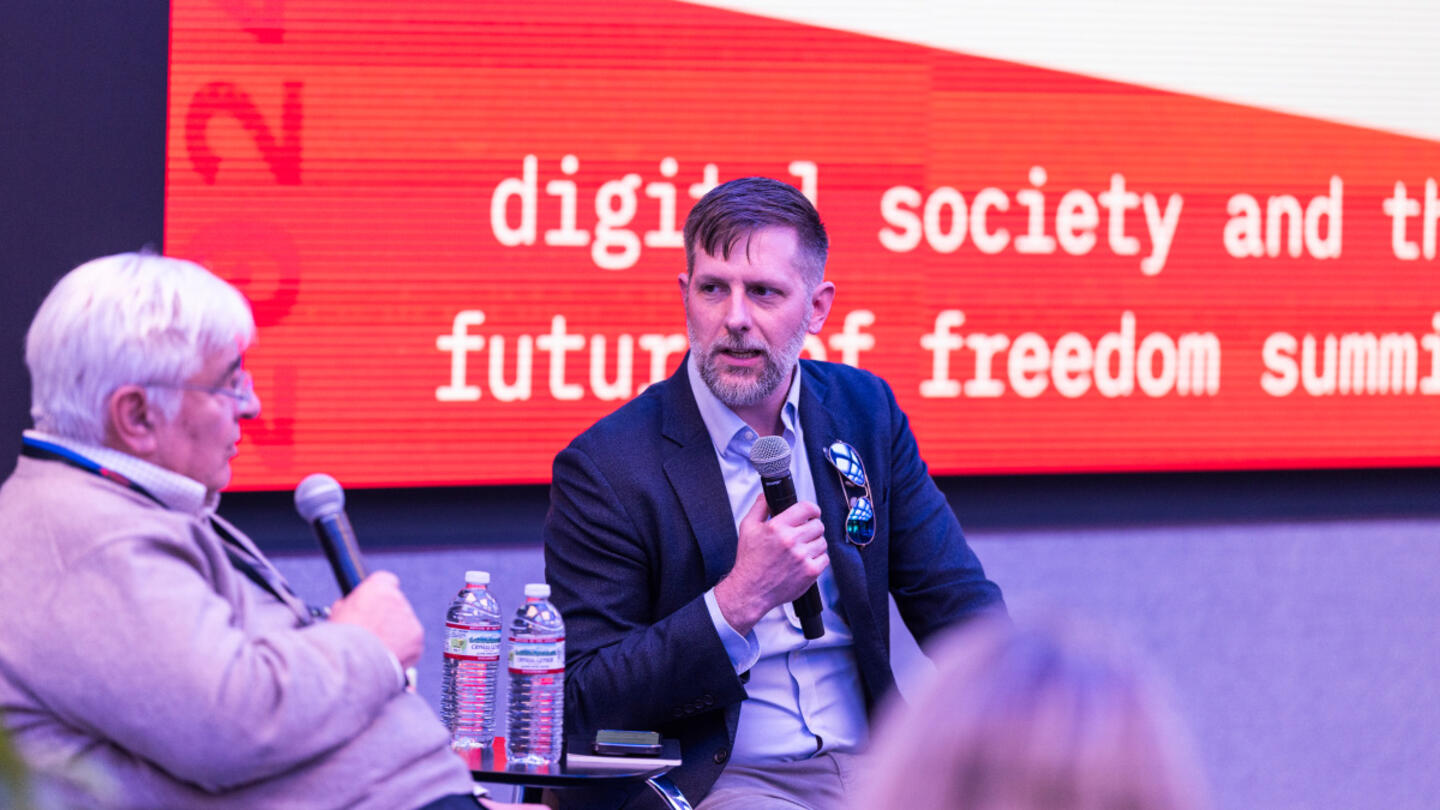
Only by using AI in real-world scenarios can we understand its capacity to address complex challenges.

Credit scores don’t reflect the whole person. Here’s one way to change the narrative.
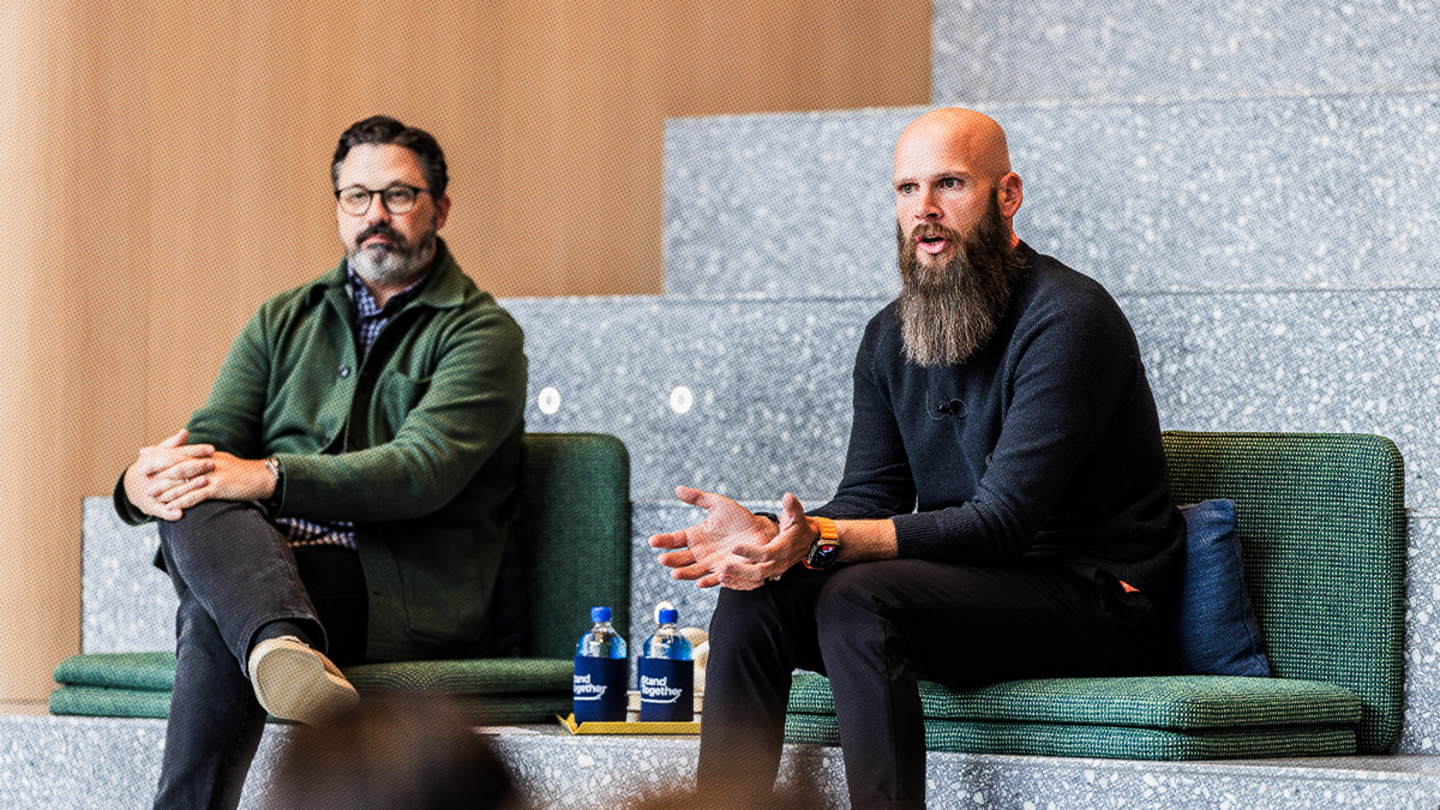
Fear of change is nothing new, but how we respond to this moment really matters.
